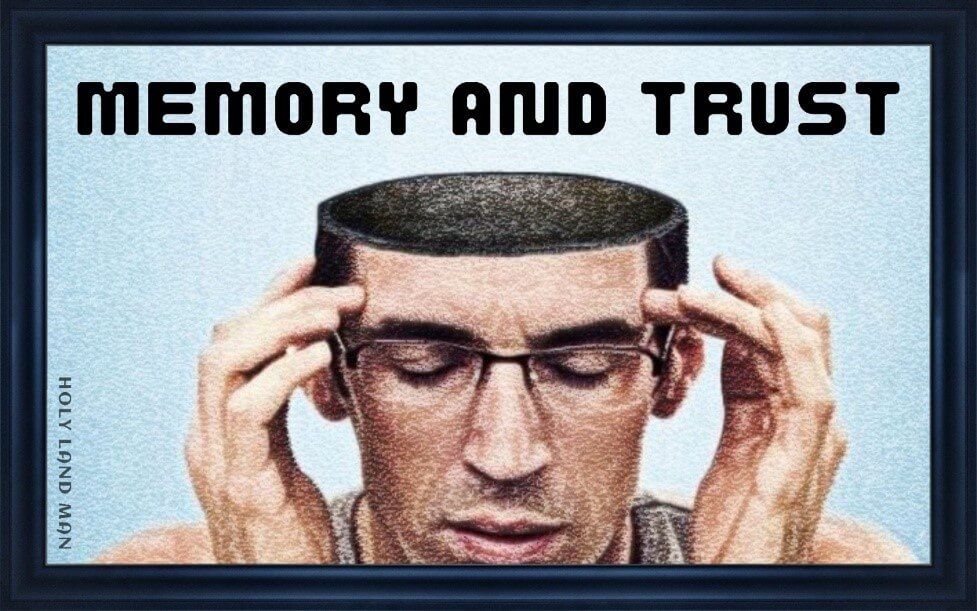First of all, we must ask to whom the burden of proof rests when it comes to traditions and trusting in them. Is information passed on in the tradition presumed true until proven otherwise, or is it presumed them? Is information passed on in the tradition presumed true until proven otherwise, or is it presumed false until conclusive evidence is presented for its credibility?
One issue of our generation is the loss of the proper treatment of tradition as a source to be given basic trust. Generally, people consider that the tradition is unreliable until it is recovered through other sources of information, such as with the discovery of archaeological finds. Thus an absurd approach was created, where the tradition of an entire people regarding the occurrence of the Exodus from Egypt or the existence of King David is not considered to have proof, but a papyrus of some Egyptian priest or an inscription of some king of Moab does, though it is not clear who wrote these documents and in what context.
In contrast, the traditional approach of some scholars and adherents comes to the opposite conclusion: its premise is that an established mass tradition, which meets certain conditions, does indeed describe the truth unless it is refuted. According to this assumption, the lack of external evidence does not undermine the credibility of the tradition.
According to this approach, information passed down in the Sinaitic tradition is presumed true until proven otherwise. This is not to say, of course, that traditions cannot be wrong or distorted. It is certainly possible, but the senses and the intellect may equally deceive us, and there is no lack of examples of this phenomenon. Nevertheless, we assume by default that these traditions can be trusted as long as their “claims” have not been refuted.








